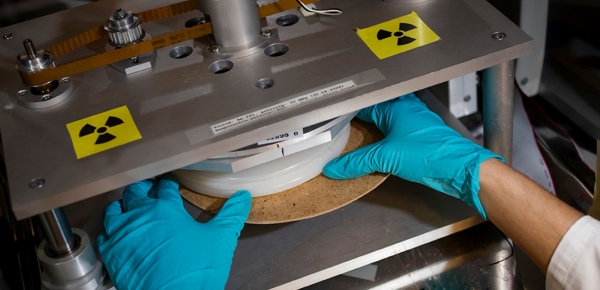We are all exposed to ionising radiation over our lifetime. Sweden’s bedrock contains relatively high levels of uranium, and its decay products continually emit low doses of gamma and alpha radiation. In many places, there are traces of the Chernobyl accident and a large proportion of the population need to undergo diagnostic procedures for various diseases, which use low levels of radiation and radioactive isotopes.
Currently, no one definitely knows how these low doses of radiation affect us over the course of our long lives. Because people cannot be exposed to radiation for experimental purposes, scientists’ knowledge is limited to the events in which large numbers of people were irradiated due to war or accidents.
“Our risk models are mainly based on research on Hiroshima and Nagasaki atomic bomb survivors, a cohort of about 100,000 people. They have been our most important source of knowledge about radiation risks,” says Andrzej Wojcik, professor at the Department of Molecular Biosciences, The Wenner-Gren Institute, Stockholm University.
Read more at: Stockholm University
We are constantly exposed to ionizing radiation, for example form the bedrock. Exactly how these low doses of radiation affect us is currently uncertain. (Photo Credit: Jens Olof Lasthein)


